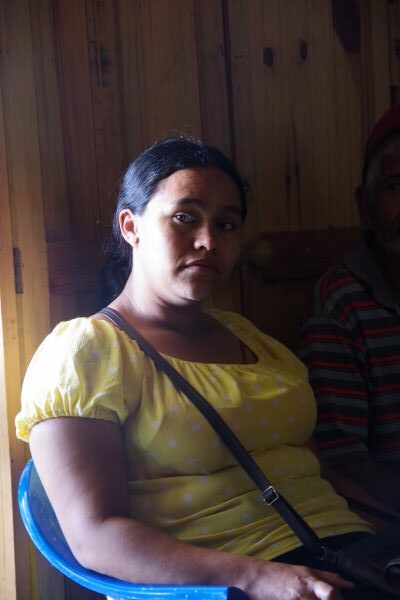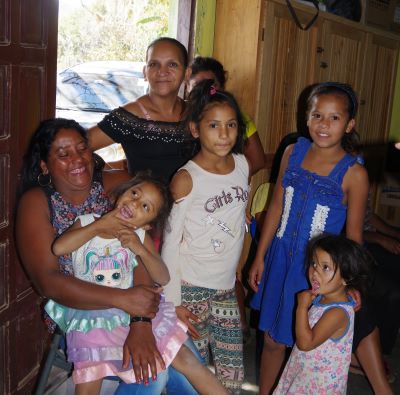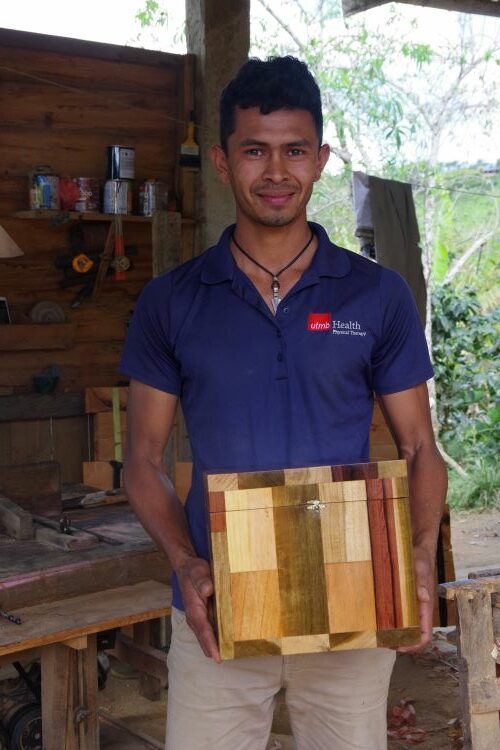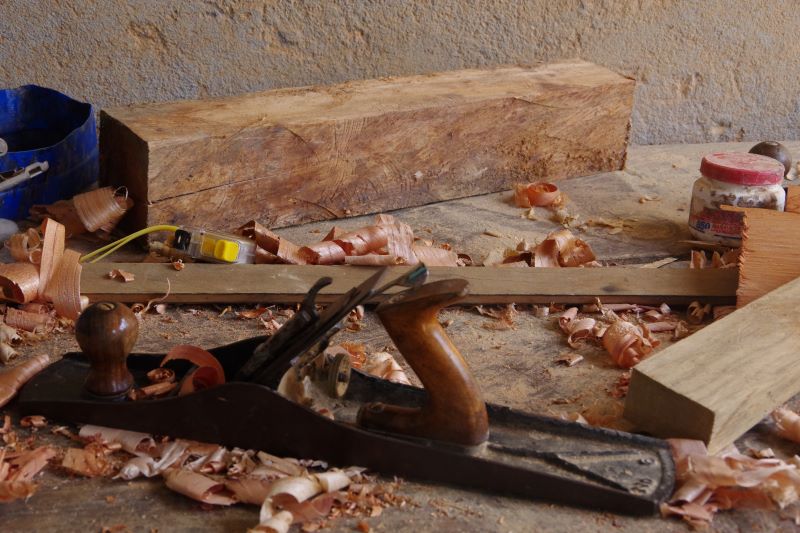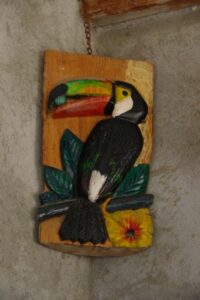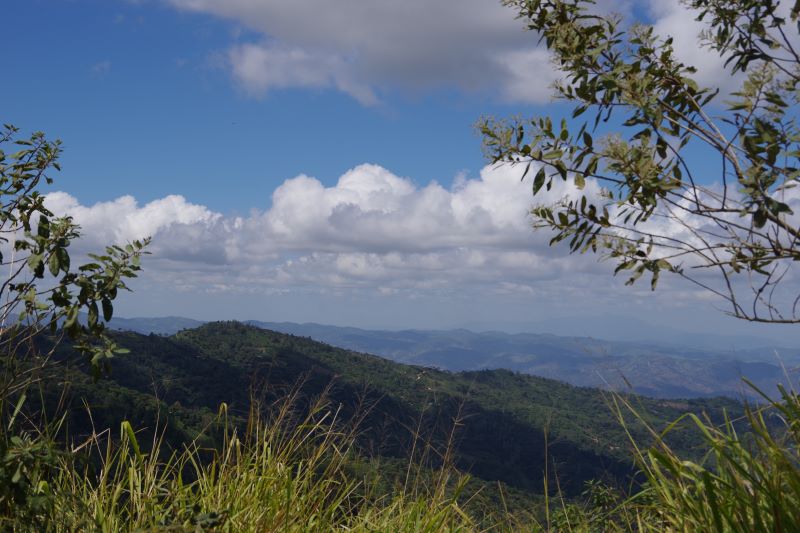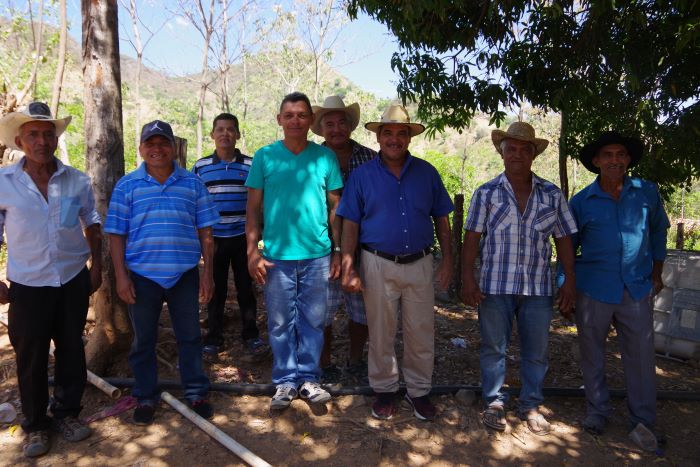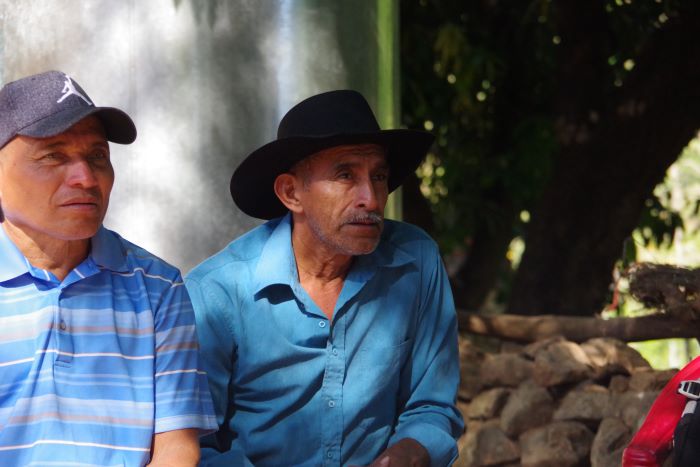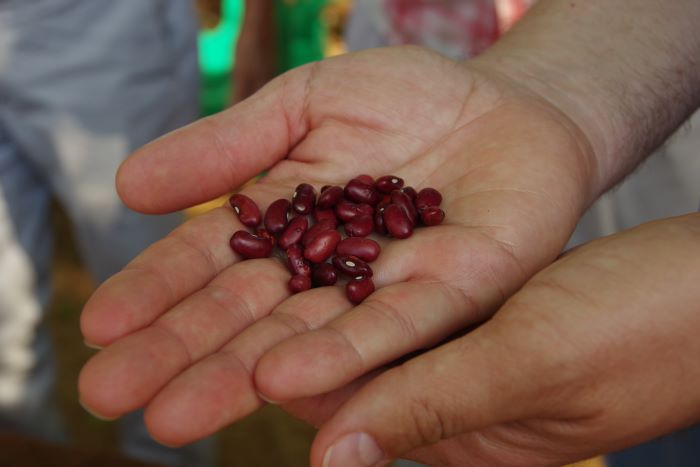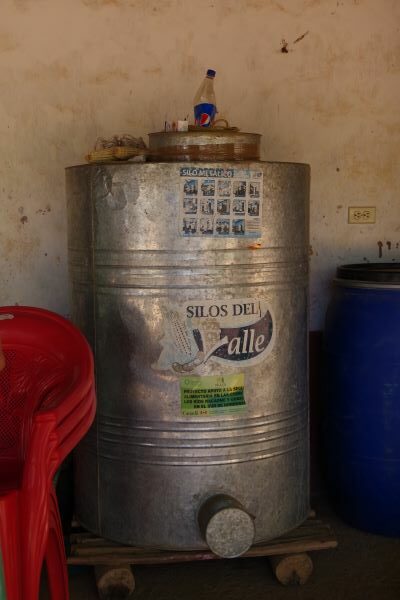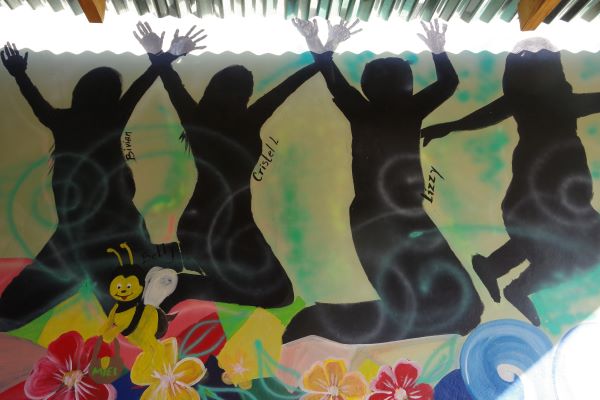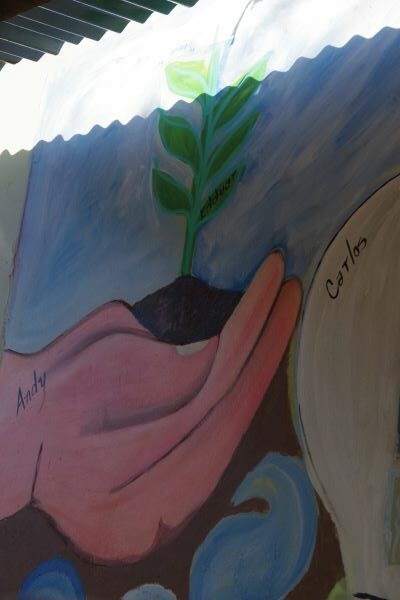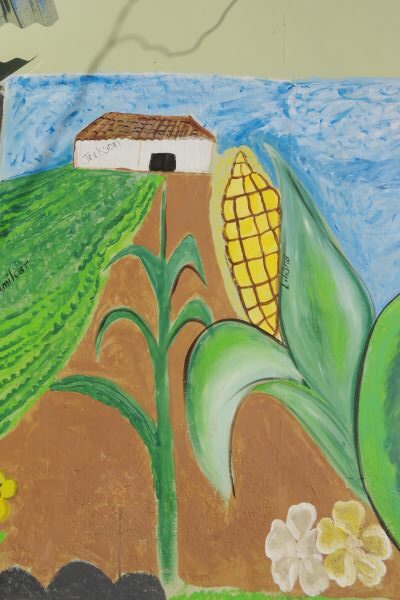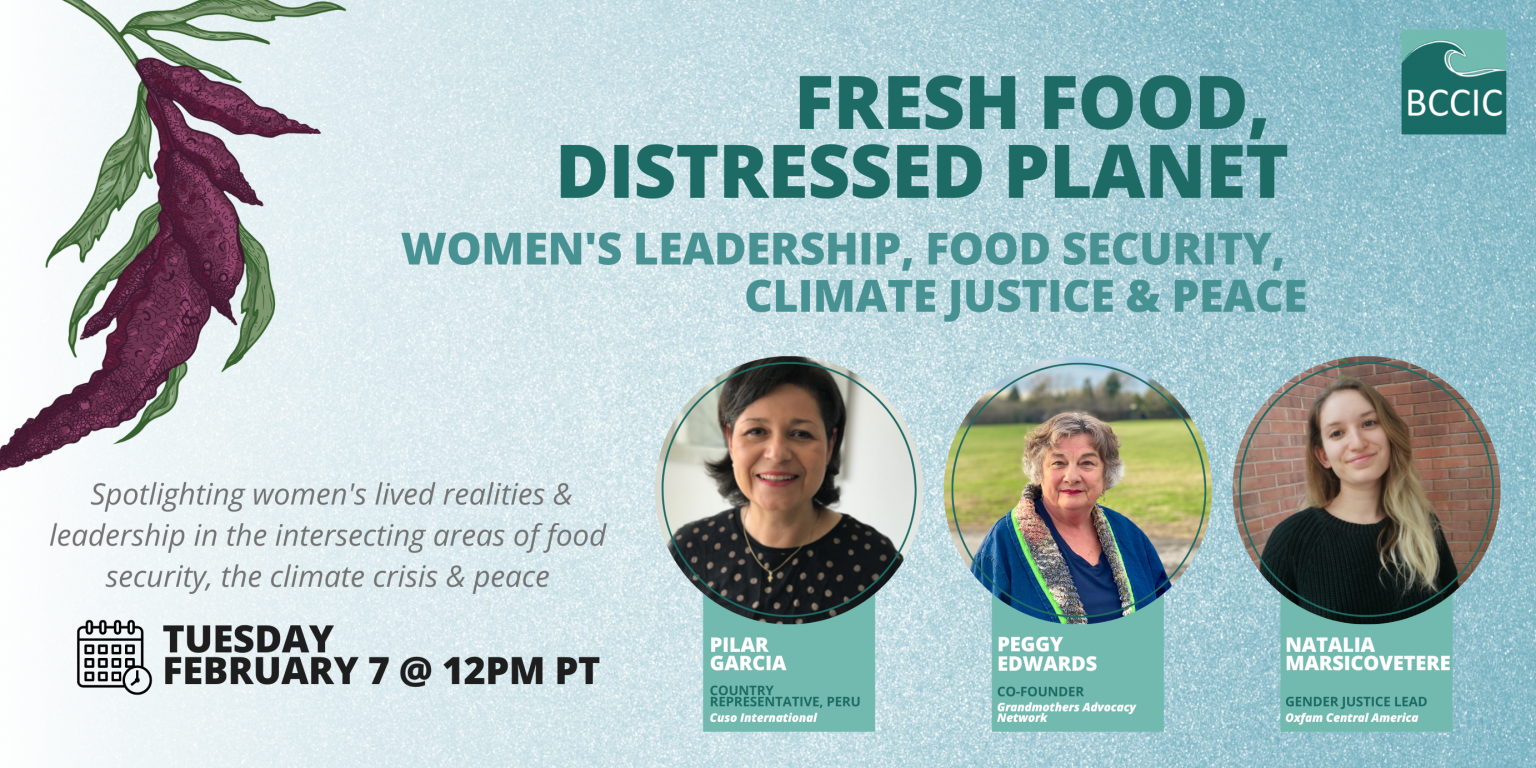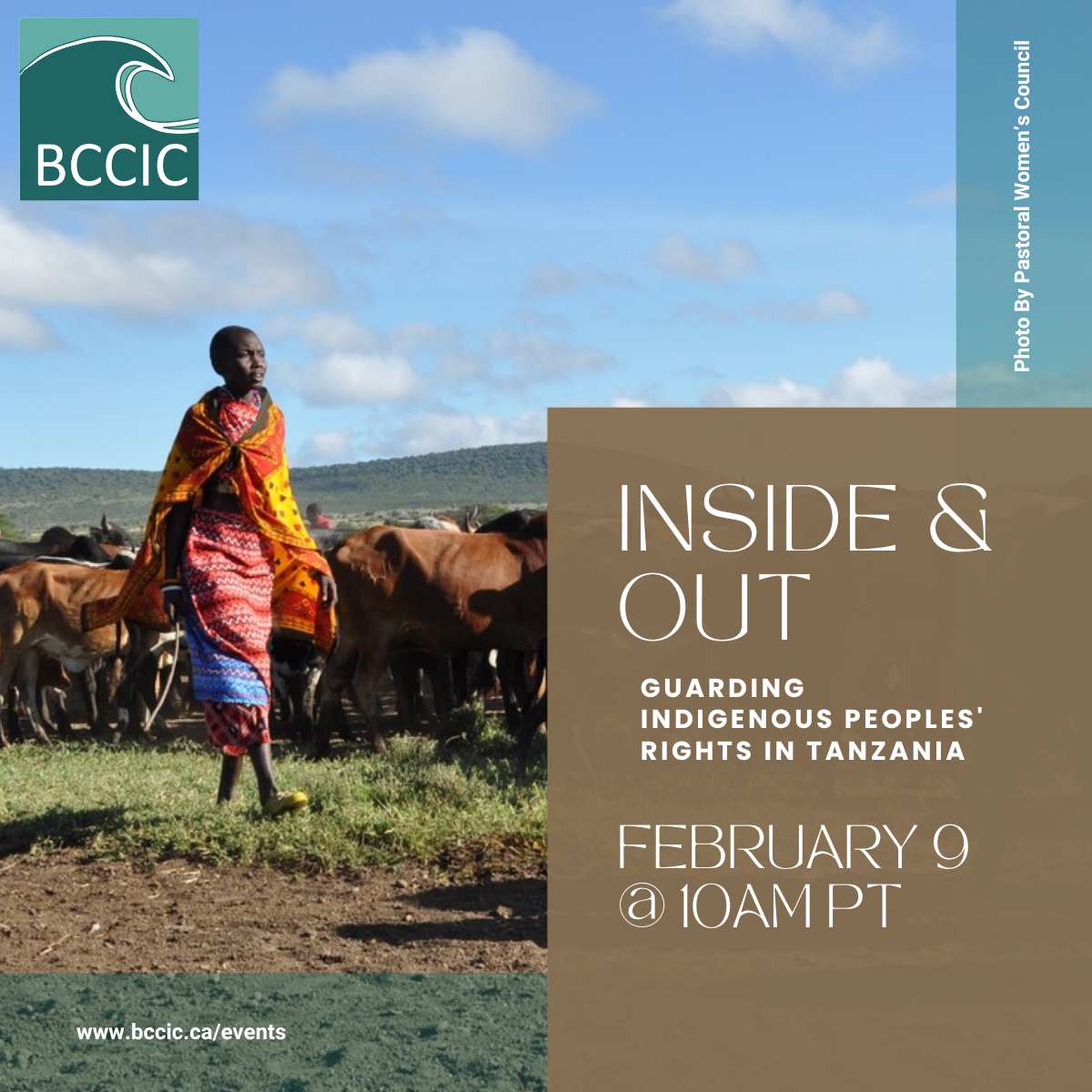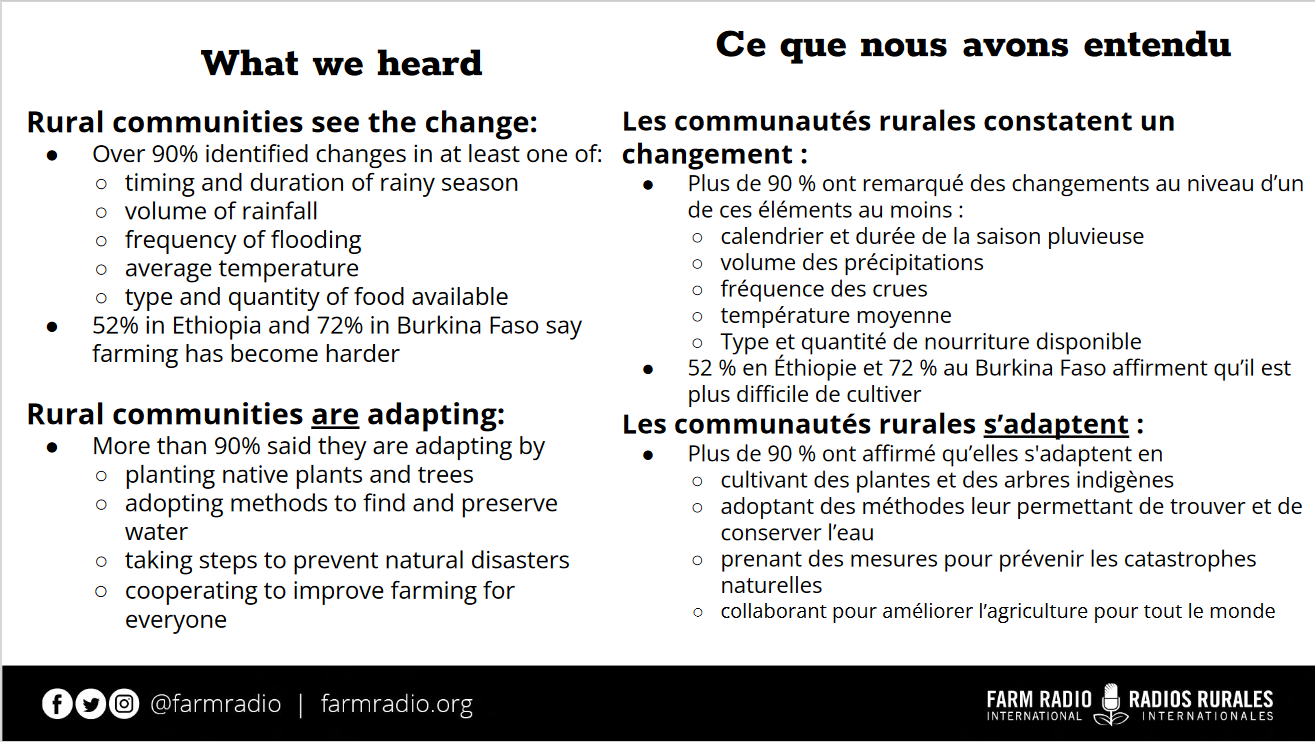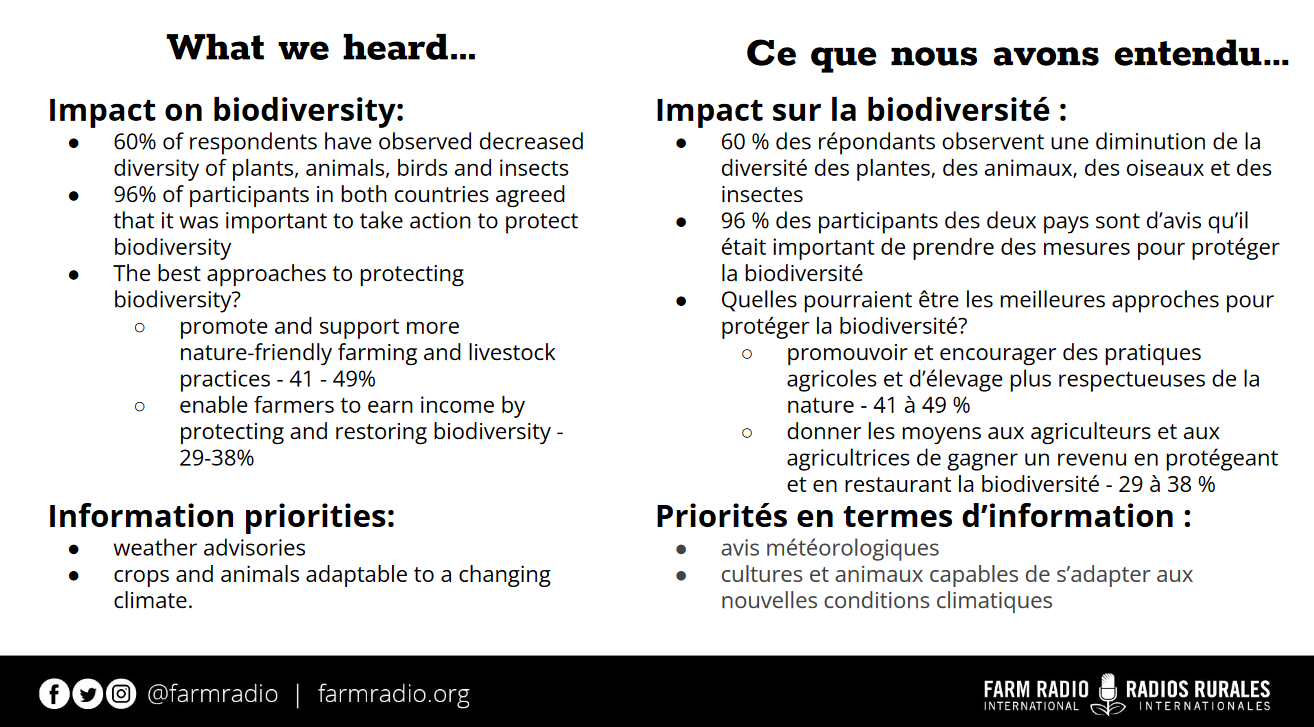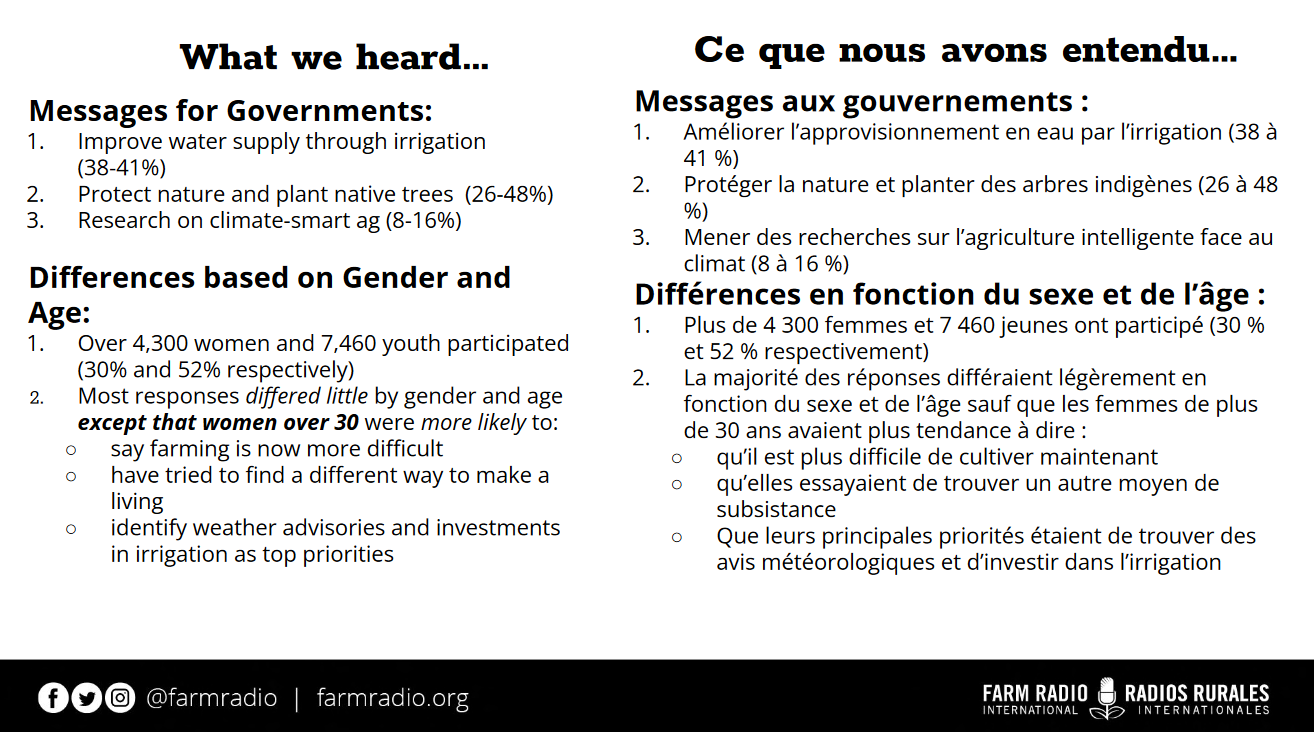
One of the small projects World Neighbours Canada (WNC) supported over the past couple years was providing materials for latrines, water collection and hygienic supports for schools in communities around Concepcion de Maria, Choleteca.
As a result of the Covid-19 epidemic the government of Honduras changed the requirements for schools in Honduras to have cement floors, latrines and water for cleaning purposes. This was to ensure hygienic conditions. Unfortunately, these requirements were not supported with funds and many schools could not open.
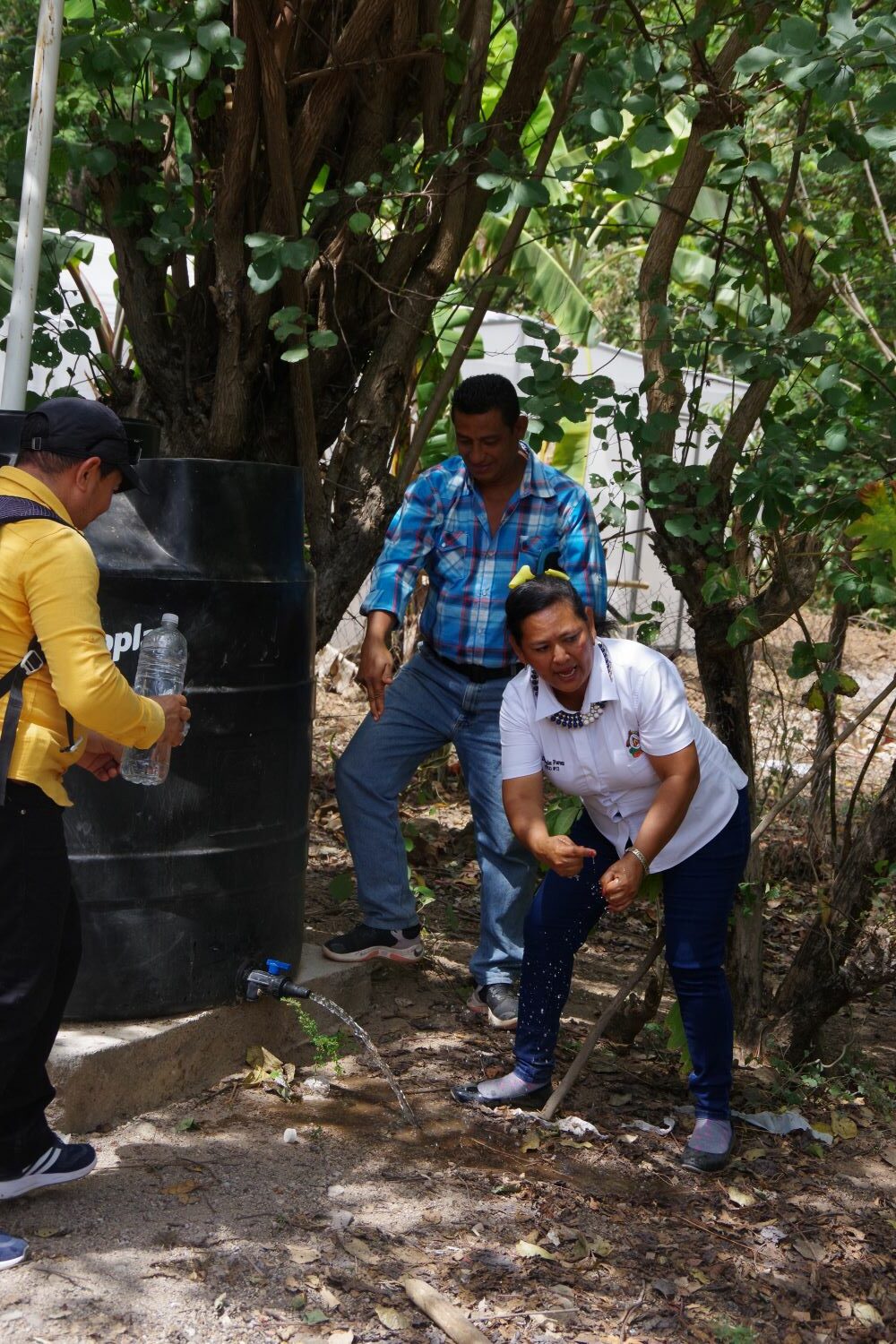
In the community of Majada we visited one of these schools that we supported. It is a one room kindergarten school that used to have a dirt floor and no latrine. Now it has a new cement floor, a water collection cistern, and two toilets. WNC provided the materials but all the work, including carrying the materials the two kilometres from the road, was provided by parent volunteers. Vecinos Honduras provided the technical support.

We were treated to many enthusiastic children who, along with their dynamic teacher Dileyla Funez, entertained us with song and dance. We got the sense that the dancing was more for the children than for us, but it was wonderful to see the joy and exuberance of the children, and the pride of the parents.
In total, 76 girls and 69 boys from four (4) educational centres in the communities La Majada, La Plomosa, El Peñón #2 and El Peñón #1 will have improved health conditions as a result of the construction of latrines and the installation of water storage tanks to harvest rainwater from the roofs.
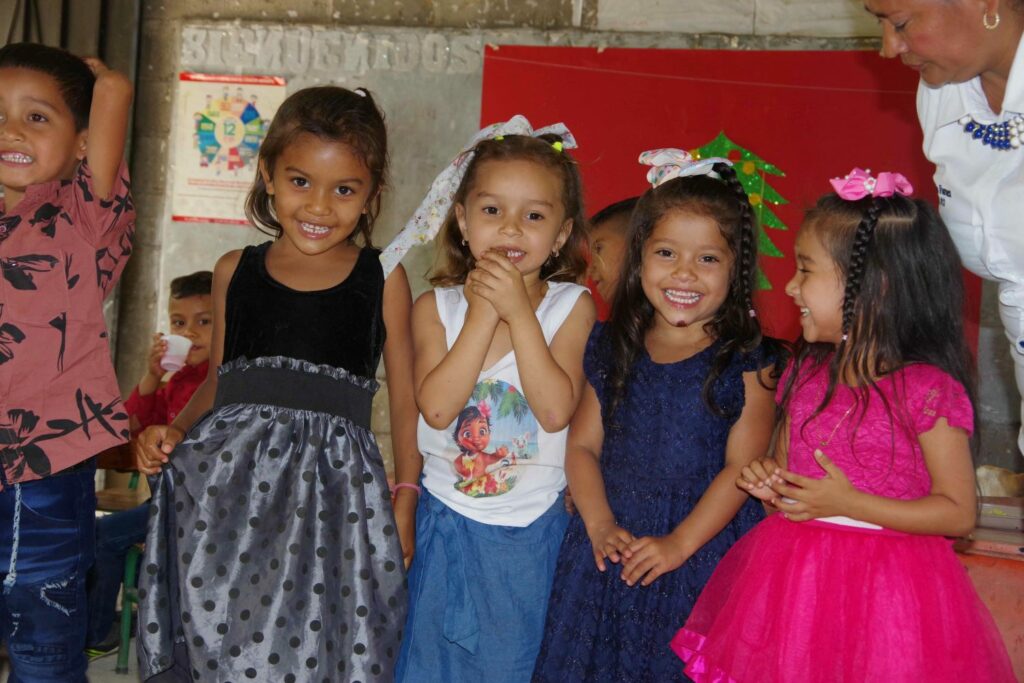
Seventy-six parents were involved on the installation of the tanks at these educational centres by carrying materials, providing unskilled hand labour and gaining awareness about creating healthier environments for boys and girls.
This February, World Neighbours Canada (WNC) board members Gabriel Newman and Judy Gray along with WNC volunteer Peter Gray visited Honduras to see the work that was being done by our partners there, Vecinos Honduras. They will be sharing stories and information that they have gathered over the next few months. Write up by Gabriel Newman. Photos by Judy Gray.
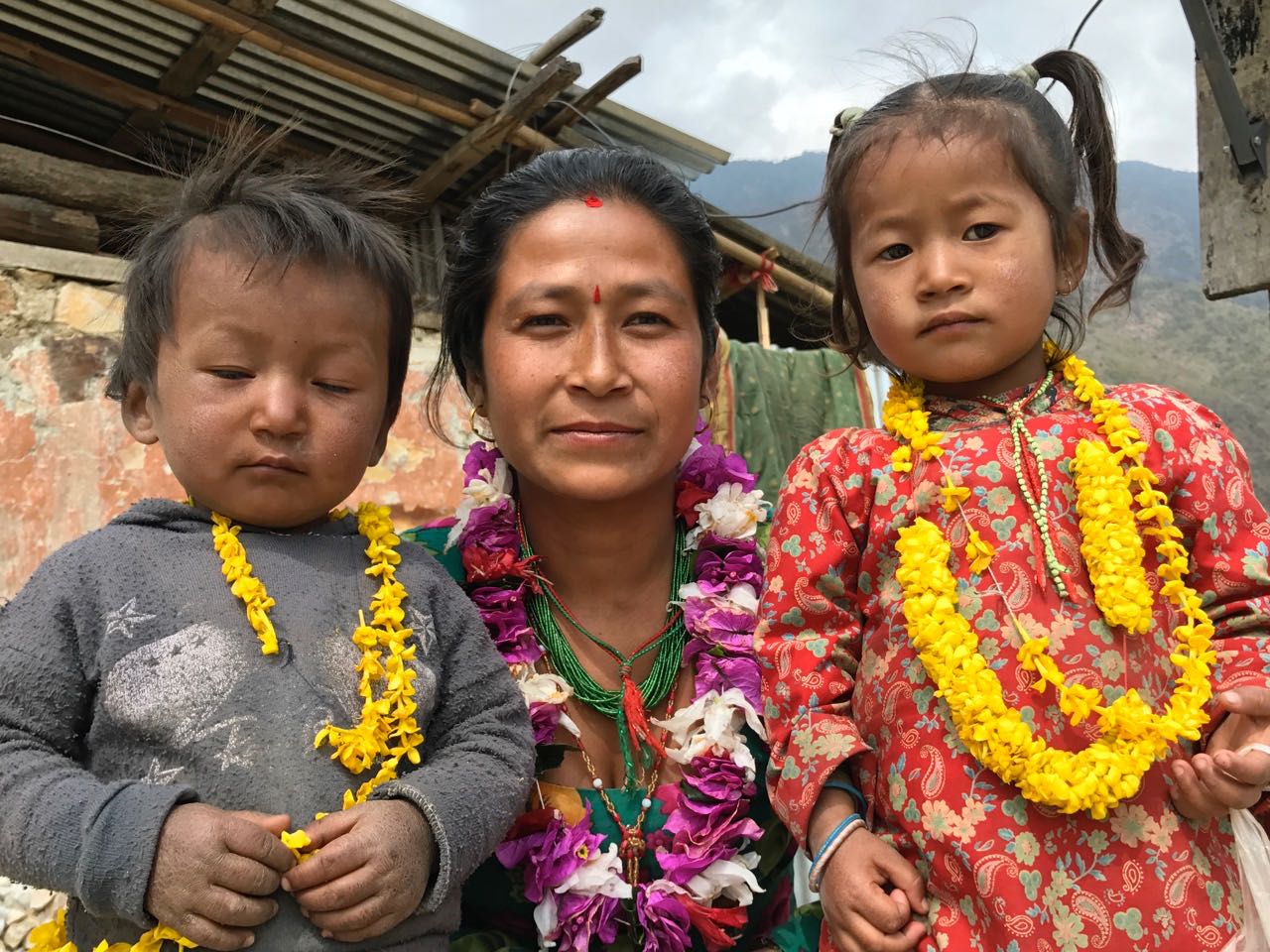
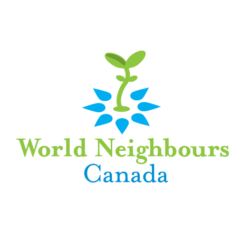
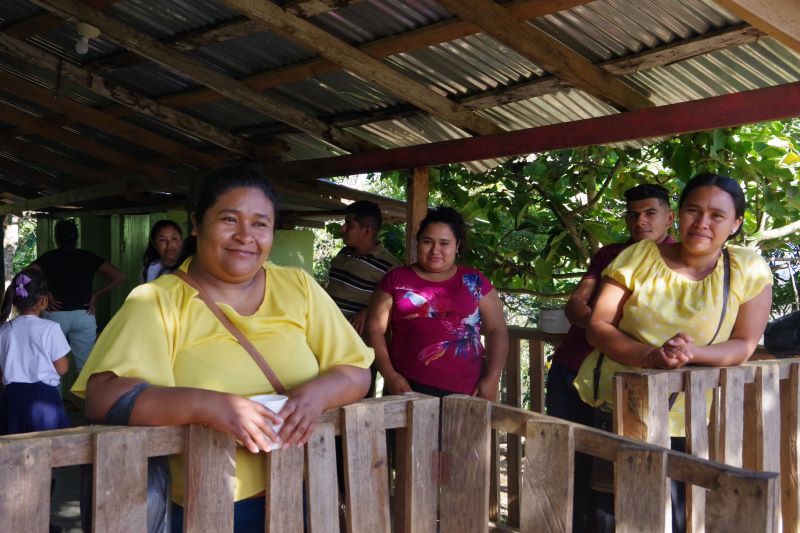
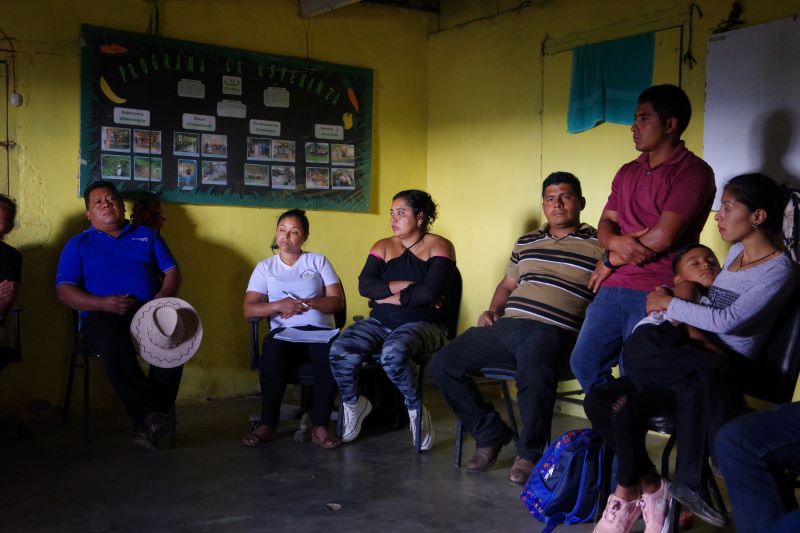
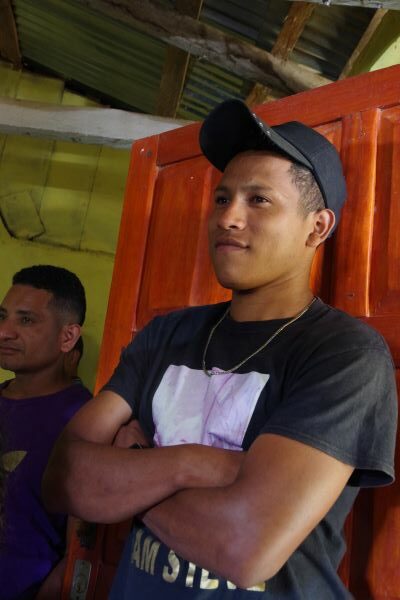
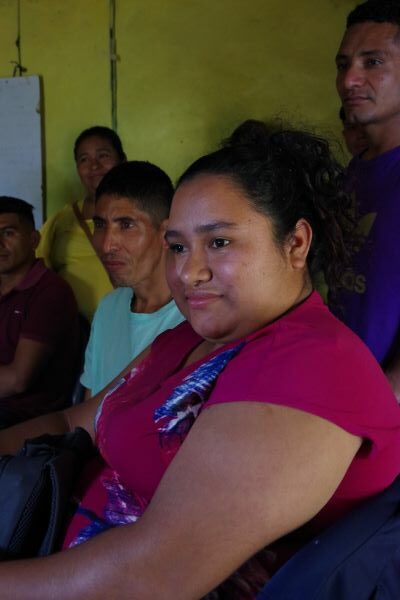 ve paid back their original loan and now have enough money in the bank to fulfill future loans.
ve paid back their original loan and now have enough money in the bank to fulfill future loans.